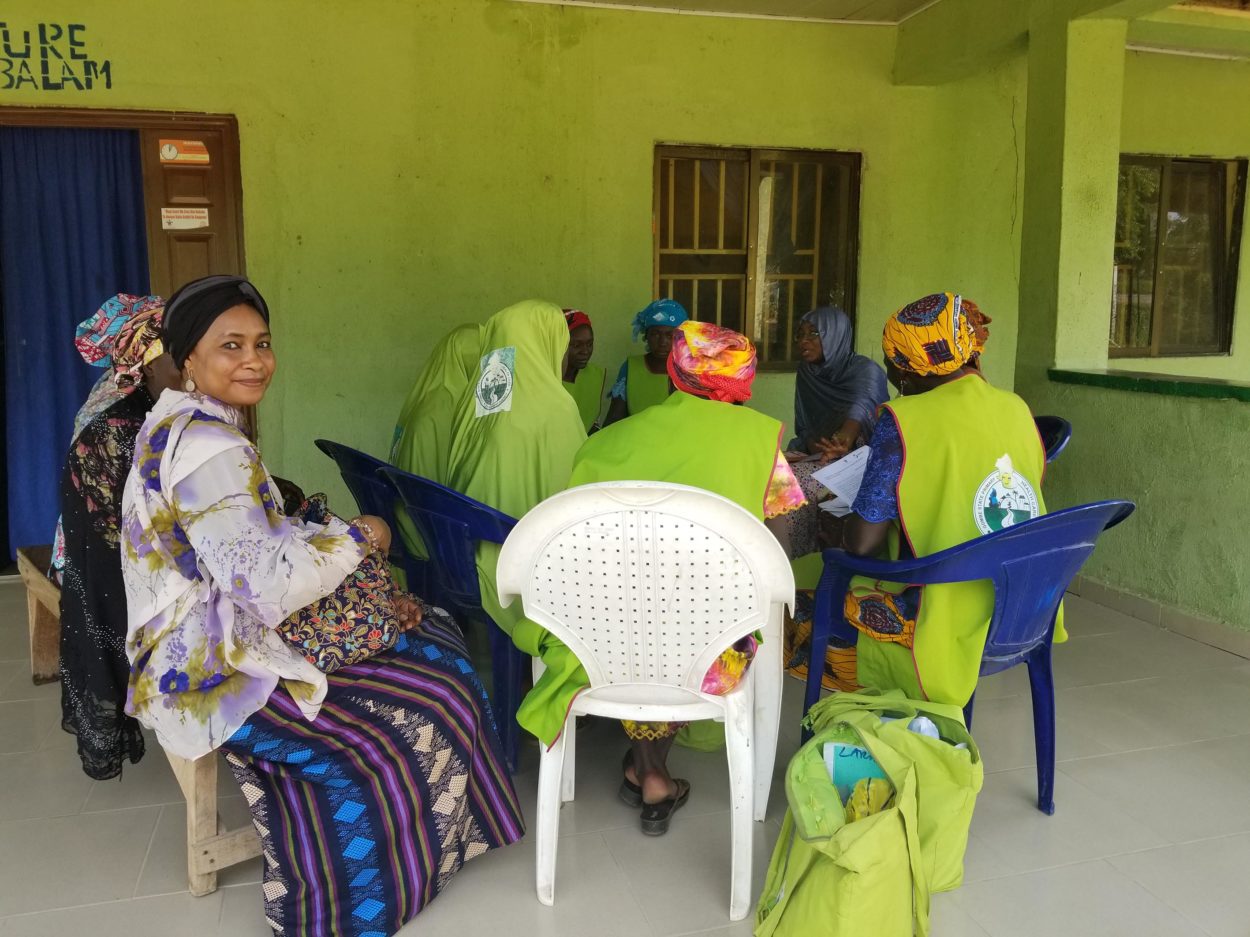The VHW scheme has been running since November 2016, under the leadership of the Gombe State Primary Health Care Development Agency (SPHCDA), with the support of Society for Family Health (SFH) and funded by the Bill & Melinda Gates Foundation. All three groups are keen to ensure it is sustainable at scale. To help inform the decisions needed to make this possible, IDEAS is conducting an exploratory qualitative study to understand what has been built in to the project to make the scheme sustainable and what is working well, as well as to flag up areas that might jeopardise it. Our study involves three rounds of interviews, from September 2017 to July 2018, with state, local government area and community-level stakeholders. We have published a research brief about our findings from the first round.
The difficulties we encountered gathering data for this study from scattered rural communities in hard to reach places was reiterated by our interviewees, as two community health extension workers who supervise VHWs explained about one supervisory visit: “It’s about 12 kilometres,” said the first. “[That] supervision [visit] takes four hours,” said the second. The VHW has to make that same 12 kilometre trip on her visits to women in that community and those women have to make that journey if they visit the health facility for antenatal care and when they are in labour and have decided to deliver in a health facility.
The poor infrastructure and difficult terrain that village health workers in rural areas have to overcome on a daily basis are not the only challenges which could prevent the sustainability of the scheme.
Finding a sufficient number of women who meet the selection criteria for literacy in English has proved challenging in some wards, even with revisions to the age criteria (reducing the lower limit of the age range to 15 years, from 18 years) and the requirement that VHWs are married.

Village Health Workers during a focus group discussion. Copyright: CWC
“There is one Village Health Worker, she grew up in this town, her parent are teaching in this town, so they now say, ‘Ah!, this small girl we know her, what will she tell us, this small girl, I will not listen to her.’” (supervisory CHEW)
Moreover, concerns have been voiced regarding the financial compensation. The stipend for VHWs and transport payments for VHWs and their Community Health Worker supervisors are considered inadequate, but increasing them may not be feasible.
“… they complain that it is small but when we are looking at sustaining the project, if you say you will pay them more than that, will the government be able to pay more than 4,000 [Naira]?” (LGA officer)
Yet despite these and many other difficulties, there is a genuine enthusiasm for the VHW scheme and its potential benefits to the health of the community.
‘There is community ownership, we made them understand it’s their own project for their people and it’s for the benefit of the people,’ (implementer)
’We really want it to be sustained, but we cannot tell you that it will surely be sustained,’ (WDC member)
‘…the thing that motivates me… there is improvement; there are more pregnant mothers in facilities,’ (CHEW supervisor)
‘At first, we suffered, but now when they [women in the community] see us they shout; “Here I am, I AM PREGNANT”!’ (VHW)

